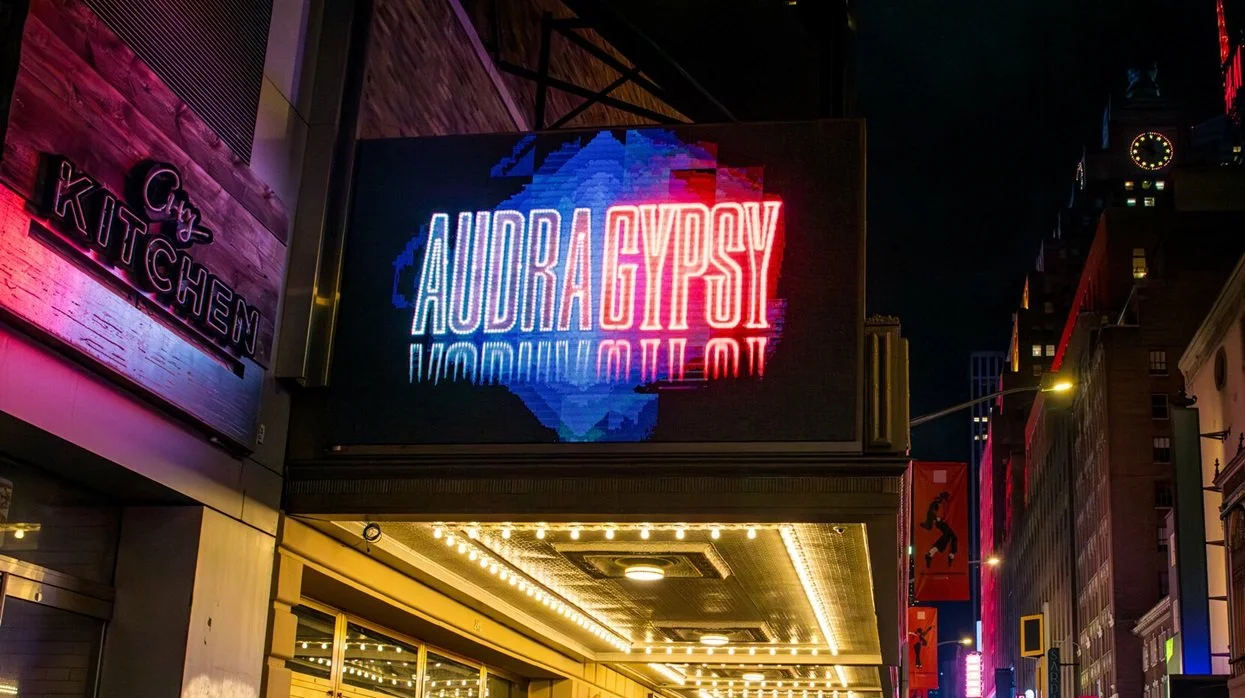Incident Involving Audra McDonald Highlights Dangers of Stage Door Culture
by Chris Peterson
This past weekend, Audra McDonald—six-time Tony Award winner, national treasure, and human being—was followed by a fan after a performance, all the way back to her residence. Read that again. Someone decided that seeing her on stage wasn’t enough. Someone felt entitled to invade her personal space, her privacy, her safety.
She posted about the incident on her Instagram.
Apparently this “fan” told McDonald that he had traveled far to see her perform and felt he was owed an autograph.
“That is crossing a big old boundary”, she said. “And I just want to call that out. That’s a big no-no. That’s now messing with my safety.”
It should go without saying, but apparently it doesn’t…
Audience members are not owed anything beyond the performance they purchased a ticket to see. That’s it. That’s the transaction.
The stage door? Lovely, if it happens. Autographs? A kindness. A photo? A gift. None of it is promised. None of it is required. And it certainly does not extend to shadowing someone through the streets of New York, crossing the invisible but obvious line between admiration and obsession.
Audra has not been doing the stage door for Gypsy for a myriad or reasons, as she states in her video. And that’s fine!
Somewhere along the way, stage door culture shifted. What was once an occasional surprise has become, for many, an expectation. Social media feeds this. We scroll through endless photos of fans beaming next to Broadway performers, or stacks of Playbills signed in silver marker. These moments circulate and create the impression that stage dooring is part of the Broadway experience, right up there with the overture and the standing ovation. But it is not. Meeting performers after a show is not included in the ticket price. It is not part of the contract.
At best, it is a tradition rooted in gratitude on both sides, but it has always been optional. If a performer chooses to head straight home, that is their right. If they are tired, if they are sick, if they simply do not feel like being “on” for strangers after already giving everything to a performance, that is their right. The joy of the stage door only exists when it is voluntary.
Audra’s experience is an extreme example, but it is part of the same culture of entitlement. Fans sometimes convince themselves that love for an artist translates into access. They believe that paying for a ticket buys not just the performance, but the performer. They assume admiration somehow equals ownership. That is not fandom. That is control. That is obsession. And when it goes unchecked, it leads to moments like this past weekend, when one of the greatest performers of our generation had her safety compromised by someone who could not accept a boundary. It is worth repeating: following someone home is not harmless. It is not enthusiastic. It is frightening. It is dangerous. And it should be condemned without hesitation.
So what do audiences actually owe performers? Respect. Attention. Applause. A safe and supportive environment inside the theatre, and the ability to leave the space without fear. The performance is the gift. That is the miracle you get to carry home: the song stuck in your head, the moment that moved you to tears, the story that stays with you for days. That is what you paid for. That is what Broadway promises. Anything beyond that, whether a wave, a signature, or a photo, is extra. It is generosity. And generosity, by definition, is given freely, not demanded.
This incident with Audra should be a wake-up call. It is time to reset how we, as a theatre community, talk about the stage door. It is not bad. It is not wrong. Done respectfully, it can be a joyful tradition that connects fans and artists in meaningful ways. But it only works if everyone remembers the boundaries. That means accepting “no” gracefully. That means remembering performers are people first. That means understanding that the magic of the stage ends at the curtain call. Broadway is a place where we believe in transformation, in possibility, in connection. But none of that gives us permission to cross into someone’s private life. Admiration should never erase humanity.
Audra’s scare is proof of what happens when it does. And it is on us, as fans, as an industry, and as a community, to make sure it does not happen again. Because at the end of the night, Broadway stars do not owe us the stage door. They owe us the performance. And if we truly love them, we will let that be enough.
